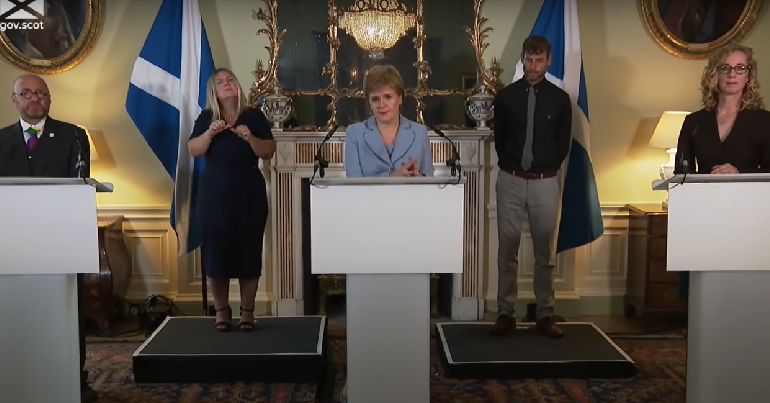Compass, a good time for a relaunch
By Victor Anderson
There is a change of gear taking place in British politics, now we’ve passed the point of 2 years to go before the next general election. Ed Miliband is repositioning Labour on the economy and welfare, the Tory Right is looking for a post-Coalition future, the LibDems are increasingly separating themselves from the Tories, and parts of the Left are regrouping against austerity. The rise of UKIP and the disintegration of the SWP complete the current picture.
However all this movement leaves out two key factors. One is that it has become unrealistic to expect any single party can win the next election on its own. Labour is leading in the polls but not convincingly placed to win a majority. Getting back into power will depend on next time making a success of the “rainbow” discussions which happened just after the 2010 election, when the possibility was floated of a coalition or some less close deal with LibDems, Greens, Plaid, and SNP. People interested in a progressive politics should be preparing the way for more successful discussions on these lines next time round.
The other is the role of green politics. Most of the big NGOs remain reluctant to get involved with ‘mainstream’ political arguments, with WWF in the UK recently moving even further away from such involvement. The Greens made gains in recent English local elections, but have achieved nothing like the breakthrough the urgency of the situation requires. Green Party members and political environmentalists need in these circumstances to be discussing, debating, and influencing with others whose agendas are potentially compatible.
If these two needs – the need for cross-party discussion about the formation of the next government, and the need for Greens to reach out to potential allies – could be combined together, the consequences could be powerful. But (apart from the occasional Guardian article) there has up to now been no public forum where the issues involved get debated in any detail amongst people from the different political backgrounds which need to be included.
This is why the relaunch of Compass this summer could turn out to make a difference. It begins today (Monday, June 17) with the launch of the new Compass website, which is going to have plenty of space for debate, to be followed through by new cross-party projects working on education, living wage, economic strategy, updating ‘Green New Deal’ ideas, and the future of Europe.
Compass used to be essentially an internal Labour Party faction. But in the past few years it is opened out its perspectives, changed its membership rules, welcomed people from other parties, and followed through the logic of its arguments for a less tribalist and more pluralist way of doing politics. A key symbol of this has been its enthusiasm for putting Caroline Lucas on its conference and public meeting platforms, despite the annoyance of Labour tribalists.
Compass has created a framework which is open for Greens to take part in, and I hope we will.




Leave a Reply